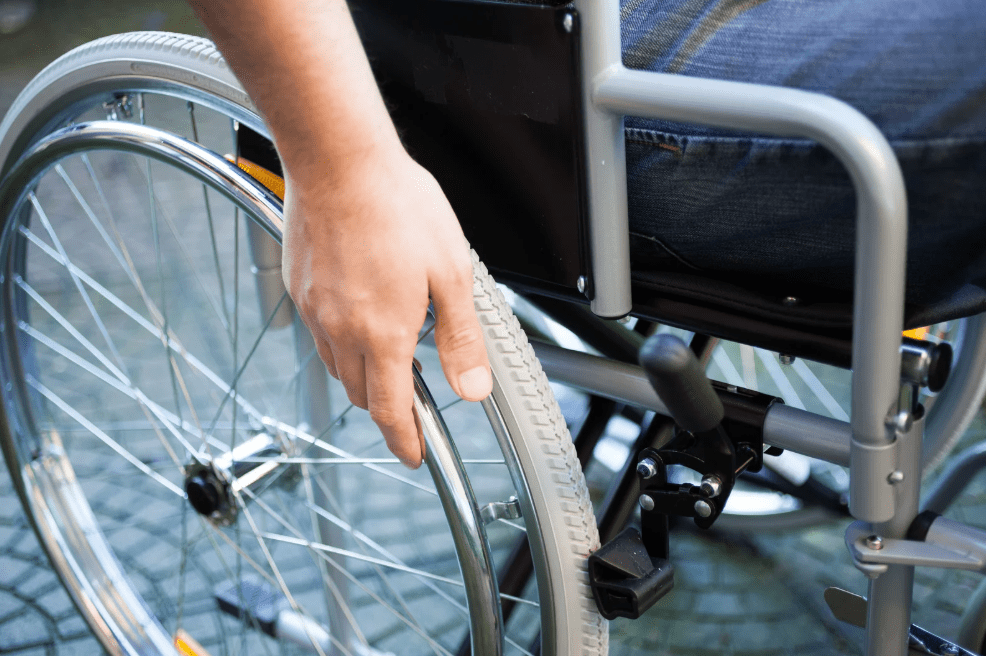Table Of Contents
One of the most powerful tools to use in building a case is “lay evidence.” We often obtain lay evidence in the process of building up a veteran’s appeal—in fact, it is often one of the starting points. It tells the VA and us, exactly what the veteran is going through now, or has gone through in the past.
What is lay evidence?
It just means testimony or written statements that come from someone other than a medical doctor or specialist. If you were to write a letter to the VA, stating what symptoms your PTSD was causing, that would be “lay evidence.” Lay testimony can also come from those people who know you best—family, friends, co-workers, and veterans that served with you (in VA terminology, these are called “buddy statements”).
There are a variety of ways lay evidence can support your VA claim.
- It can establish an event that happened in service (such as you fell off a truck and hurt your back).
- It can establish what you did in service (such as working near the perimeter of a military base in Thailand).
- It can be used to show that you had symptoms of a medical problem while in service.
- It can show just how bad your symptoms are now, and what you are going through (such as problems concentrating or working because of PTSD).
The VA is required to take your lay evidence into account when deciding your claim. The VA can’t just ignore lay evidence, although unfortunately it all too often does and this serves as a basis to appeal.
Lay evidence does have some limitations. The biggest is that it isn’t a substitute for a well-reasoned and thorough doctor’s opinion. So, you can testify to your pain and the problems it causes, and the VA would have to consider this. But a doctor would need to diagnose the condition, or link it to service. A doctor has the special training and expertise that allows him or her to make these findings.
That being said, lay evidence can make your case much, much stronger. In some instances, a good lay statement can be enough to get the VA to give you a medical examination (C&P exams) that may help to win your case. Be sure that the statement is on point though. As you almost certainly know, VA has very, very specific regulations about what is necessary for getting a higher disability rating, or even getting service-connected in the first place, and the best lay statements are those that are relevant in the information they provide.
If you have additional questions regarding lay evidence for a VA benefits claim or appeal, we are here to help. Call Veterans Help Group at (855) 855-8992 or complete our free veterans benefits case evaluation form.

How Long Does It Take for My VA Disability Rating to Become Permanent?
How Long Does It Take for My VA Disability Rating to Become Permanent? Securing your VA disability...

Celebrating 250 Years of the U.S. Army
Celebrating 250 Years of the U.S. Army If it feels like the U.S. Army has always been there,...

THE DIFFERENCE BETWEEN 100% FOR UNEMPLOYABILITY AND 100% DISABILITY RATING
THE DIFFERENCE BETWEEN 100% FOR UNEMPLOYABILITY AND 100% DISABILITY RATING In general, neither the...





